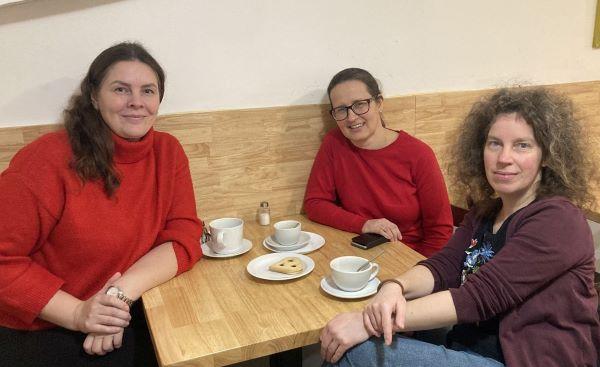The discussions focused on the use of micro-credentials in various contexts, from corporate training to complementing formal education. Participants debated how micro-credentials can support a rapid response to changing labour market demands, help individuals better demonstrate sub-competencies, and enable companies to target candidates with specific skills. They also addressed practical implementation issues, such as assessment methods and quality assurance, and how to integrate them into the existing education system.
The discussion partners represented a key step in anchoring the concept of micro-certifications in the Czech educational and working environment. Representatives of educational institutions, organizations, and other practitioners attended the individual meetings. The aim was to discuss the opportunities and challenges that micro-credentials bring and to look for ways to use this tool effectively across different sectors.
During the discussions, participants particularly appreciated the flexibility and practicality of micro-credentials, i.e., the possibility to target specific skills, respond to employers‘ current needs, and support lifelong learning. At the same time, however, they pointed out the key prerequisites for their wider use: a clearly defined structure, a credible validation system, and mutual recognition between institutions and employers.
The outcomes of these meetings will be used as a valuable basis for further design of the format, content, and micro-credentials. Key stakeholders‘ involvement in the discussion provided not only practical insights but also an important measure of legitimacy and support for this innovative approach to education and competence validation.



 English
English